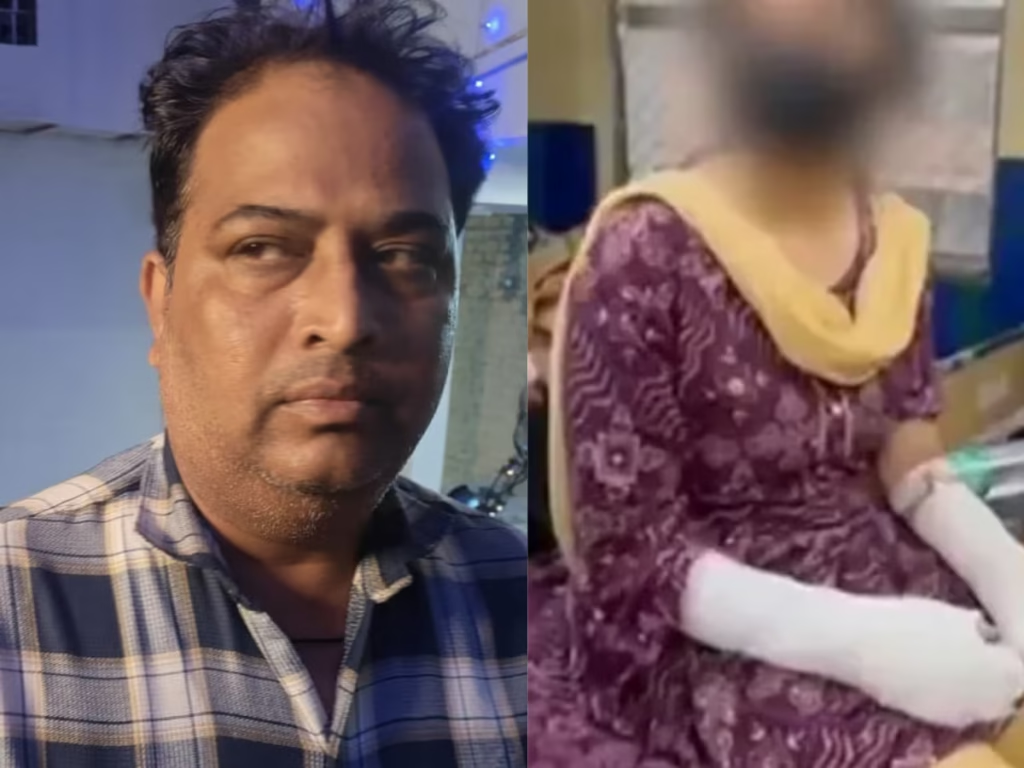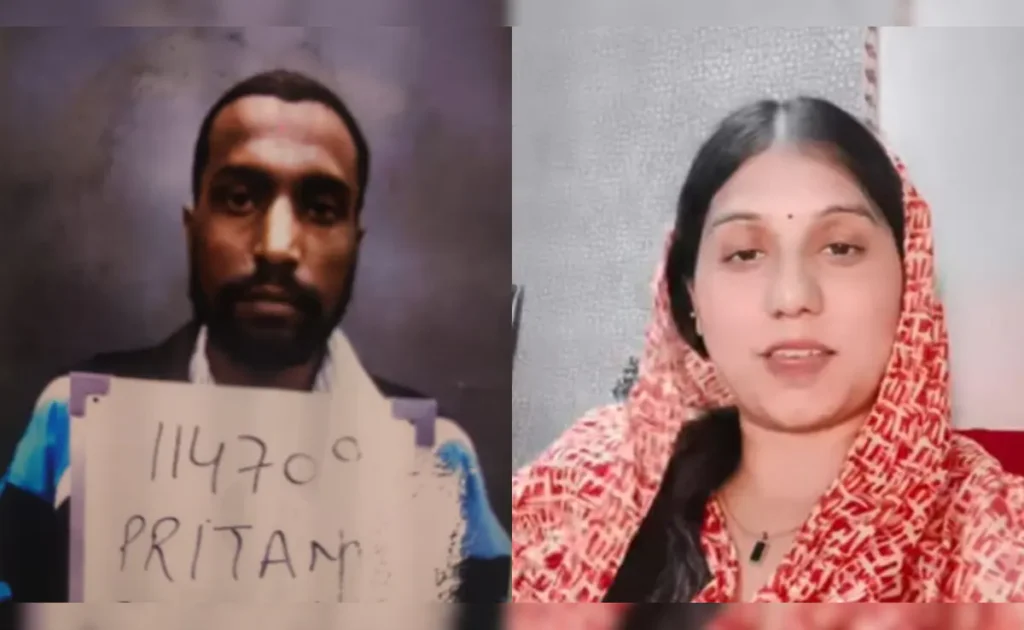Now Reading: Newly-Wed Woman Dies by Suicide in Tirupur, Dowry Harassment Alleged by Family
-
01
Newly-Wed Woman Dies by Suicide in Tirupur, Dowry Harassment Alleged by Family
Newly-Wed Woman Dies by Suicide in Tirupur, Dowry Harassment Alleged by Family

A young woman from Tirupur, Tamil Nadu, who was recently married, ended her life following alleged dowry harassment. The incident has sent shockwaves across the district, with the woman’s family accusing her husband and in-laws of repeated mental and emotional abuse over dowry demands. The tragic case highlights how the deep-rooted problem of dowry still claims lives, even in modern-day India.
What Happened in Tirupur
The woman, identified as 23-year-old Pooja, was married just a few months ago. According to her parents, trouble began soon after the wedding when her in-laws began making persistent demands for additional dowry. Despite efforts by the family to resolve the issue, the situation reportedly worsened, affecting Pooja’s mental health.
She was found dead at her matrimonial home earlier this week. The police have registered a case of abetment to suicide, and investigations are underway.
Family’s Allegations and Police Action
Pooja’s parents allege that she had informed them multiple times about the harassment she was facing. They claimed she was verbally abused and humiliated for not bringing “enough” dowry. Based on the complaint filed by her father, the police have taken her husband and two other family members into custody for questioning.
Authorities have also sent Pooja’s body for post-mortem and are collecting evidence, including phone records and witness statements, to build the case.
Dowry System Still a Harsh Reality
Despite legal bans on dowry in India, the practice continues in many parts of the country—including Tier 2 and Tier 3 towns like Tirupur, Salem, and Kolhapur—often disguised as “gifts” or “customs.” Young brides face immense pressure to meet expectations that go far beyond financial capability, sometimes leading to tragic consequences.
Cases like this one reinforce the need for stronger implementation of anti-dowry laws and better mental health support systems for women trapped in abusive marriages.
Public Outrage and Local Reactions
The incident has triggered anger among women’s rights activists and local citizens in Tirupur. Many are demanding fast-track judicial proceedings and stricter punishment for the accused. Candlelight marches and community meetings have been held to raise awareness about the ongoing issue of dowry-related abuse.
Social workers in the region are also calling for increased counselling services for newlyweds and awareness programs that educate families about the legal and emotional impact of dowry practices.
Conclusion
Pooja’s death is yet another painful reminder that dowry is not a thing of the past—it continues to ruin lives in both rural and urban India. While the law prohibits such demands, social change remains slow. As authorities move forward with the investigation, her story stands as a stark warning that unless mindsets evolve, no amount of legal reform can end this silent violence.

























